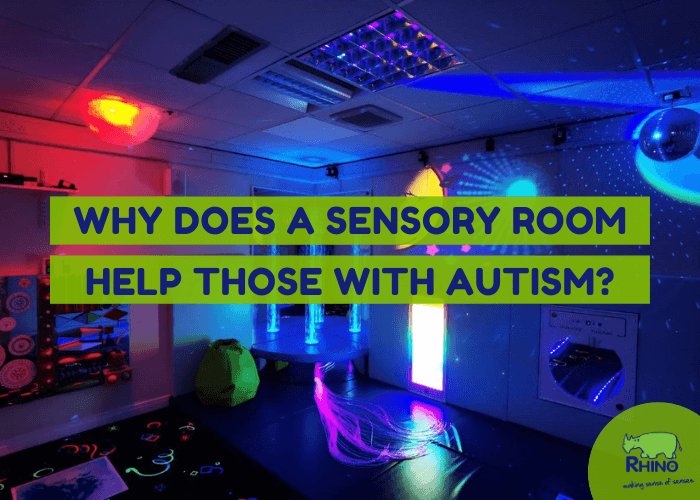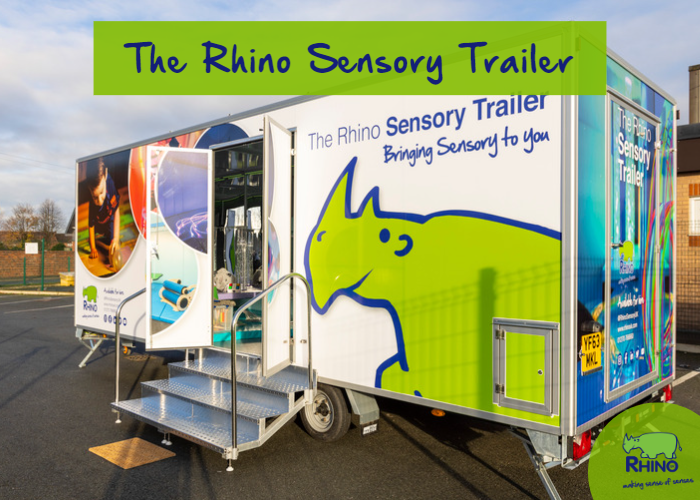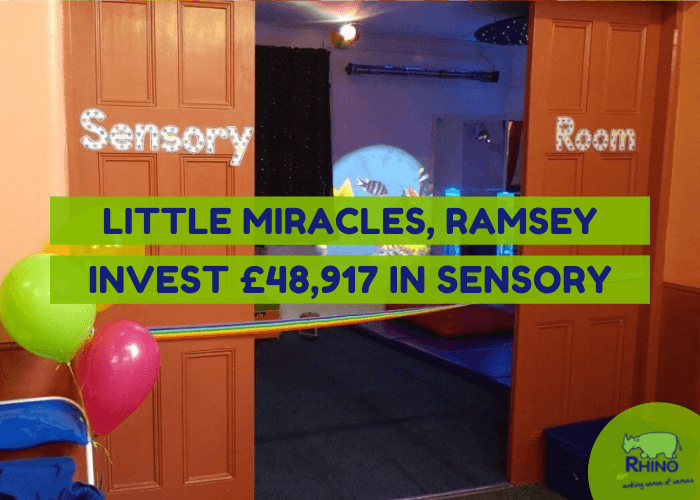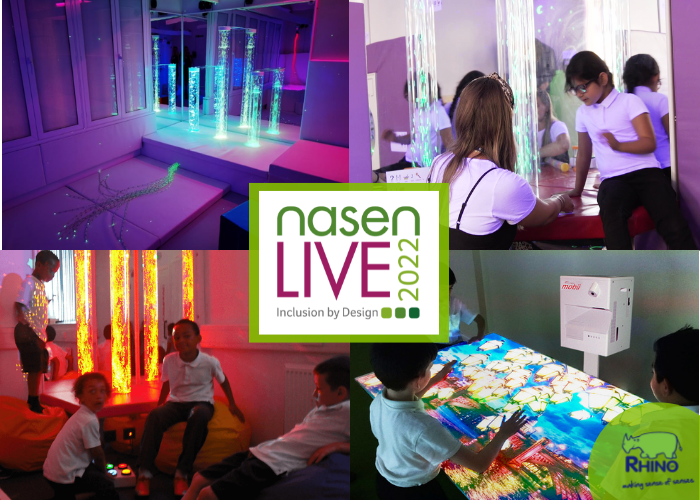Environment and Surroundings
People with Autism can often have trouble with Sensory Integration, which can cause problems with development, information processing, and their behaviour. Autistic people have difficulty making connections between their tactile, vestibular and proprioceptive sensory systems, any of which can be overactive or not active enough as a person interacts with their environment.
If the person you care for with Autism is having trouble with sensory integration, you should focus on creating coping skills for them so that they can navigate stimulating environments better.
Multisensory Environments provide a wide variety of controlled sensory simulators perfect for people with Autism and other special needs. They can help enhance concentration, attention and alertness in autistic people who are easily distracted.
How to create an autism-friendly safe Sensory Room
Sensory Rooms are a great way to create a controlled, relaxing, calming and stimulating environment.
There are lots of different resources that would work perfectly in any sort of Sensory Room, but the list below will help you create a space specially tailored for people on the Autistic Spectrum:
- Sensory Projectors
- Fibre Optics
- Bubble Tubes
- Mirror Balls
- Sound system
- Beanbags
- Resonance Seating
- Dark Den
- Tunnels
- Rockers
Don’t worry if you don’t have the funds for a full sensory room, as Sensory Huts and Sensory Kit’s are great portable alternatives. They contain all of the sensory items that you will need in an easy to carry bag, so that you can take a sensory break whenever and wherever you might need it!
What are the best things to consider when creating a sensory area for ASD?
Colours
The general rule is that low arousal colours, such as cream and pastel (not yellow or white), should be used on the walls, and patterned wallpaper should be avoided. All soft furnishings should also be kept plain and calm. Patterned floors or carpets should be avoided as they can be confusing to walk on, distracting and increasing anxiety in users.
Lighting
Fluorescent or bright lighting can be too harsh and hurt the eyes of an autistic person. These types of lights can ‘flicker’ and ‘hum’, which can be particularly distracting.
Therefore, it is best to use soft, calming, dimmable lighting where possible to adjust to personal preferences. Sensory Rooms are more effective with low, natural or ceiling lighting.
Dressing Windows
We’d recommend avoiding slatted blinds, particularly vertical ones, as the shadows they create can be very distracting. Curtains are the better option, and blackout curtains are even better! If there is a risk of room users pulling on blinds or curtains, you should consider using window film to filter or block natural light.
Noise
Autistic people can’t always filter out noises that other people can block out or ignore. Sensory Rooms should be quiet locations where those with autism can retreat to relax from their surroundings.
If you’re building from scratch, we’d recommend soundproofing the room with additional acoustic controls in the ceiling and walls. Carpets, floor or wall padding and soft furnishings can also limit noise levels and create a cosy and safe place.
Smells
Smells in everyday life can become very overpowering for a person with autism. Even typical enjoyable smells such as perfume, deodorant or fabric conditioner. Therefore a background fragrance can be put into the room to block the intrusion of uncontrollable smells. Aroma diffusers are perfect for introducing relaxing and comforting aromas to the users’ environment.
Safety
Some autistic people have very little awareness of danger, which means that you might have to take special precautions when using everyday objects within a sensory space.
Here are a few things to check:
- Locks or high handles on cupboards
- Electrical sockets out of reach or in a cupboard
- Using plug locks
- Radiator covers
- No sharp edges
- Light and socket switches to have covers
If you feel like you want to learn more about Autism Friendly Spaces, please get in touch with our specialist team, as we’re happy to help you through every step of your sensory journey!
Email: sales@dev-rhinouk.pantheonsite.io Tel: 01270 766660



